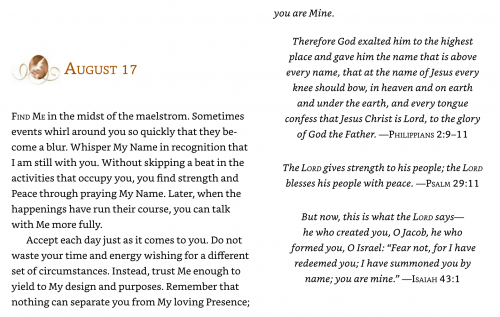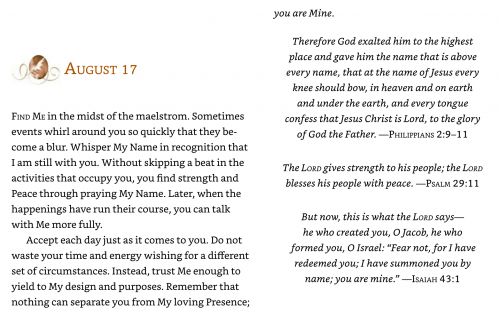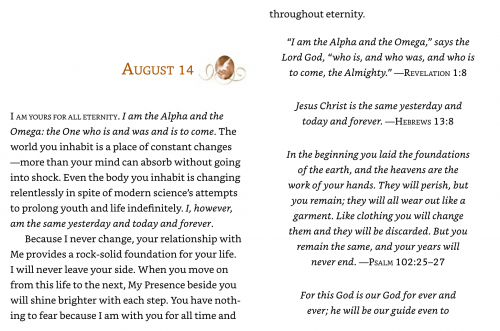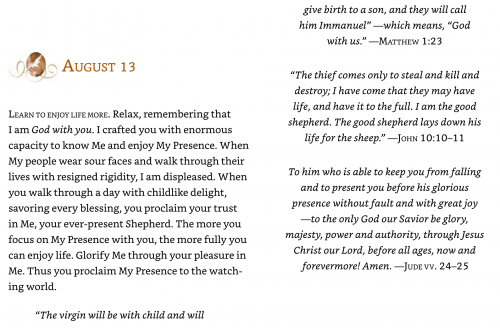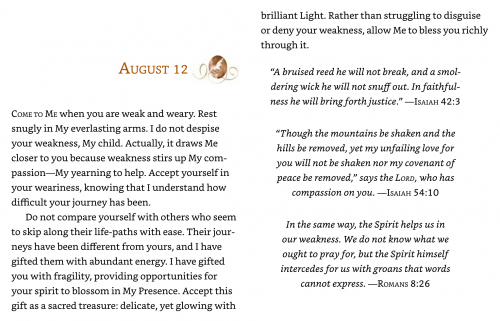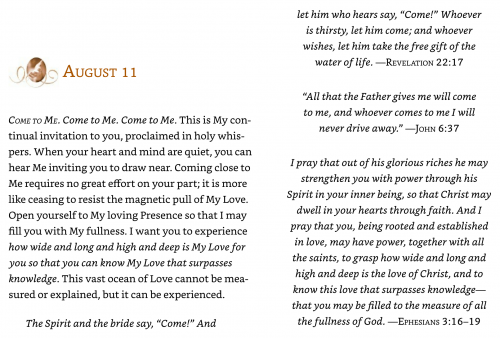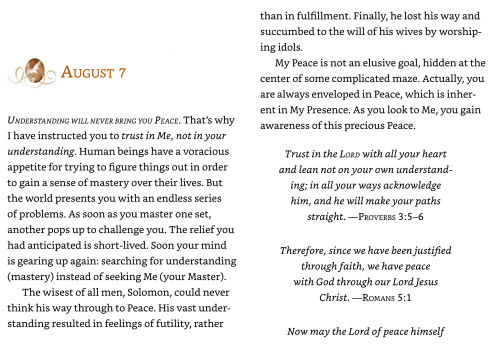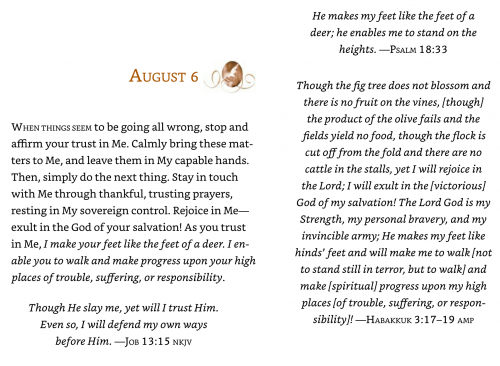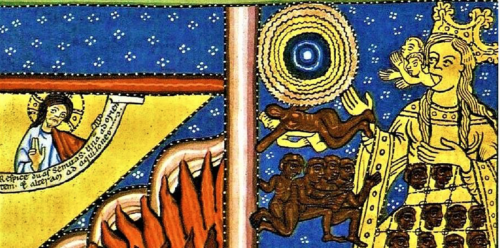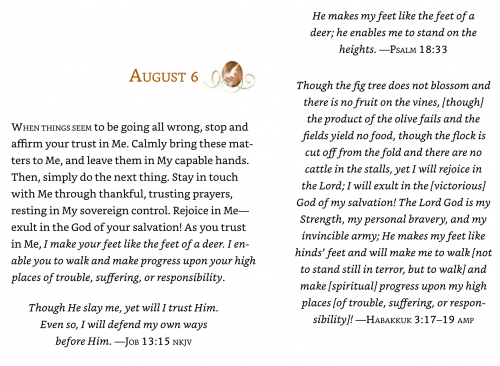The Disorder of Dismantling Racism
Tuesday, August 18, 2020
The universal pattern of transformation I’m writing about these three weeks is not limited to religious or spiritual growth. Nor is it only individuals that are invited to make the journey. Whole churches and even cultures experience times of disorder and disruption. In the United States, many of us are discovering that a large number of things we believed to be true—about our nation and ourselves—are not entirely true. I believe this is a necessary step that we must take for the sake of healing and justice in our nation and our world—no matter how “disordering” and even disorienting it may be. Perhaps I can only say this because I believe so completely in the possibility of Reorder! Author Austin Channing Brown, who teaches on issues of racial justice, was raised in a devoutly Christian home and has worked in and with churches for most of her professional life. I hope you can read her words with the openness they deserve.
I learned about whiteness up close. In its classrooms and hallways, in its offices and sanctuaries. At the same time, I was also learning about Blackness, about myself and about my faith. My story is not about condemning white people but about rejecting the assumption—sometimes spoken, sometimes not—that white is right: closer to God, holy, chosen, the epitome of being. . . .
Our only chance at dismantling racial injustice is being more curious about its origins than we are worried about our comfort. It’s not a comfortable conversation for any of us. It is risky and messy. It is haunting work to recall the sins of our past. But is this not the work we have been called to anyway? Is this not the work of the Holy Spirit to illuminate truth and inspire transformation?
It’s haunting. But it’s also holy.
And when we talk about race today, with all the pain packed into that conversation, the Holy Spirit remains in the room. This doesn’t mean the conversations aren’t painful, aren’t personal, aren’t charged with emotion. But it does mean we can survive. We can survive honest discussions about slavery, about convict leasing, about stolen land, deportation, discrimination, and exclusion. We can identify the harmful politics of gerrymandering, voter suppression, criminal justice laws, and policies that disproportionately affect people of color negatively. And we can expose the actions of white institutions—the history of segregation and white flight, the real impact of all-white leadership, the racial disparity in wages, and opportunities for advancement. We can lament and mourn. We can be livid and enraged. We can be honest. We can tell the truth. We can trust that the Holy Spirit is here. We must.
For only by being truthful about how we got here can we begin to imagine another way.
Story from Our Community:
I recently made the trip to my family’s old cottage on a remote lake. As I settled in [to the cottage] on an unusually clear night, my eyes began to adjust to the lack of ambient light from car headlights and shopping centers. I looked up at the very same sky I had left at my suburban home and saw not just a few stars, but constellations, then clouds of stars, until the night sky seemed more light than darkness. It’s times like these when I’m startled by how close and abundant God’s love really is, whether my eyes and heart are open or not. —James M.
